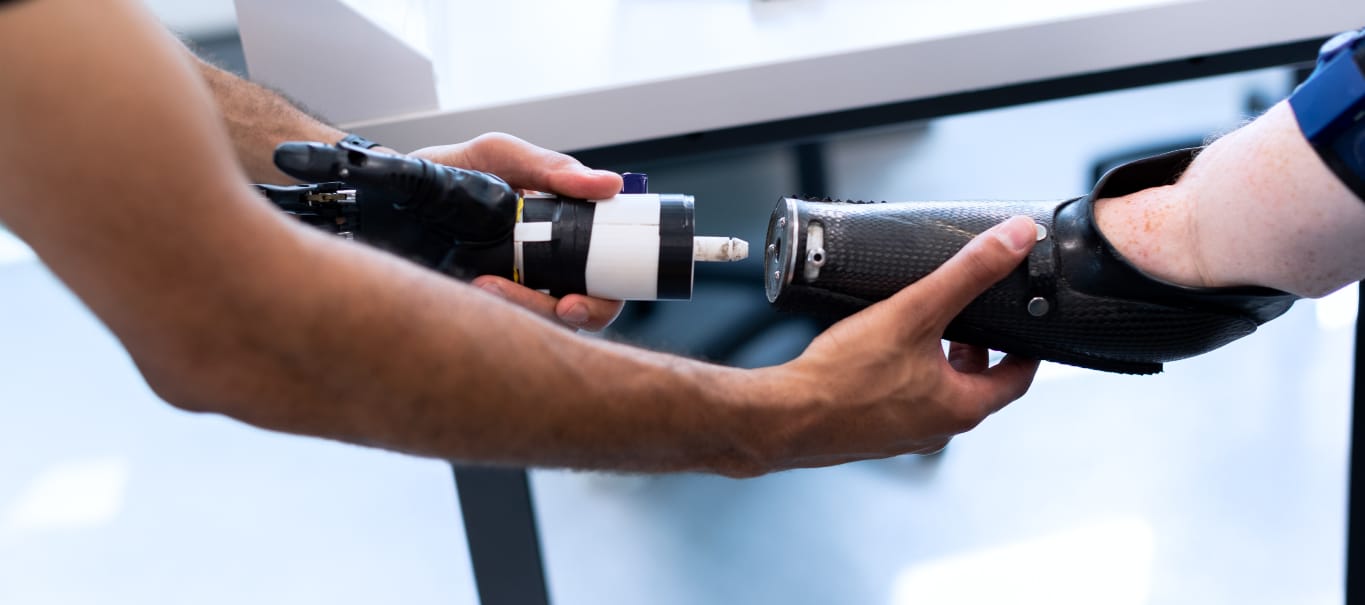What is biomedical engineering?
Biomedical engineering is the application of key concepts of engineering to biology and medicine. Aspects of electrical, mechanical and chemical engineering, as well as chemistry and maths are all integrated with human biology. While other disciplines of engineering focus on issues like electricity, artificial energy or renewable energy, biomedical engineering focuses on improving human health and healthcare. There are many subsets of biomedical engineering, such as the implementation of medical devices (glucose monitors), stem cell research and medical imaging (MRI scans).
What are the typical responsibilities of a biomedical engineer?
Biomedical engineers can choose to specialise in a number of different areas, so responsibilities vary between specialisms. However, general responsibilities include: conducting research into consumer needs, developing and testing prototypes of medical instruments, maintaining and repairing biomedical equipment, reporting research findings to gain contracts and grants, and explaining to medical staff how to operate the equipment.
What skills do I need to be a successful biomedical engineer?
Critical-thinking skills are important, as you’ll need to compare and contrast different equipment and work out which best suits your client’s needs. Time management skills are also vital, to ensure that the equipment can be produced in a timely manner, and before any deadlines.
Communication skills, both written and verbal are also valued. You’ll often publish your research in scholarly journals, and convince hospitals and funding bodies to support your work. Finally, biomedical engineers frequently use computer software to perfect equipment, so computer literacy is important.
What is the future of biomedical engineering?
Biomedical engineering is an incredibly exciting field, with new developments and discoveries happening all the time. Currently, biomedical engineers are enhancing robotic surgery, which allows surgeons to make more precise incisions and conduct minimally invasive surgery.
There’s even the possibility of the development of telesurgery, where surgeons control robots from hospitals miles away. Medical virtual reality is also being developed, which allows medical students to gain more practical experience. VR headsets allow students to gain hands-on experience with complex medical procedures, as well as communicating sensitively with patients and families.
How do I become a biomedical engineer?
To become a biomedical engineer, you can either complete a degree or an apprenticeship. Relevant subjects include biomedical science, electrical engineering and physics. For a career with the NHS, the NHS Scientist Training Programme is a graduate programme that allows you to complete work experience while working towards a fully-funded Master’s in clinical engineering.
